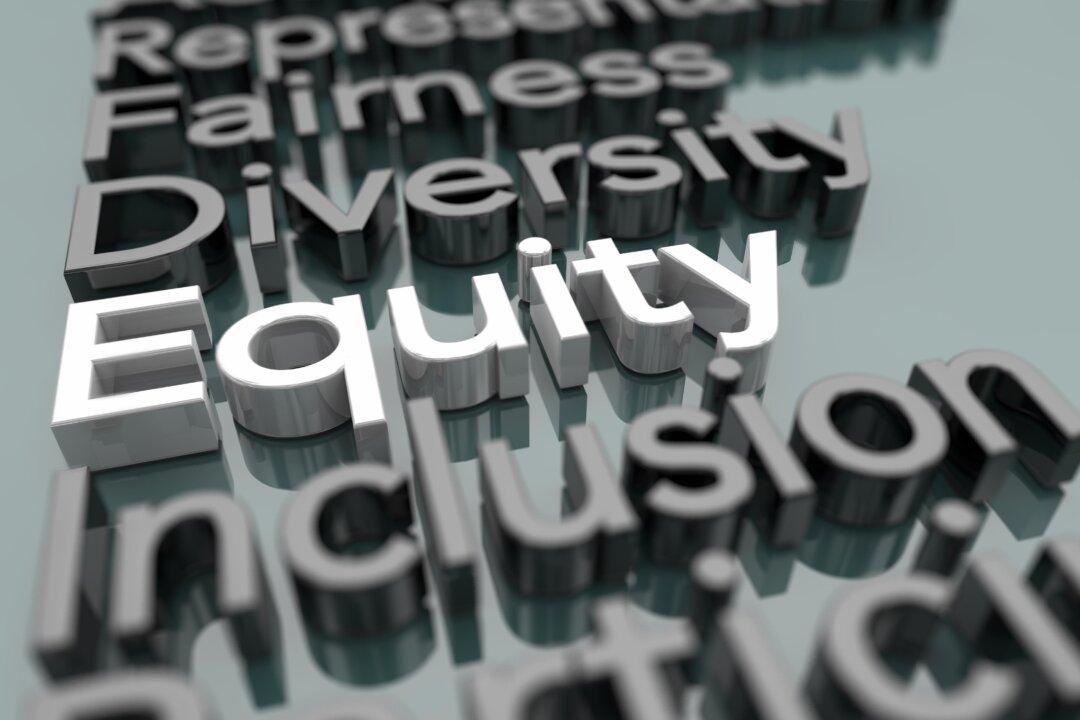Commentary
Yes, Florida Republican Gov. Ron DeSantis has signed into law a measure that will ban the state’s public colleges and universities from spending taxpayer money on “diversity, equity, and inclusion” (DEI) programs.

Yes, Florida Republican Gov. Ron DeSantis has signed into law a measure that will ban the state’s public colleges and universities from spending taxpayer money on “diversity, equity, and inclusion” (DEI) programs.